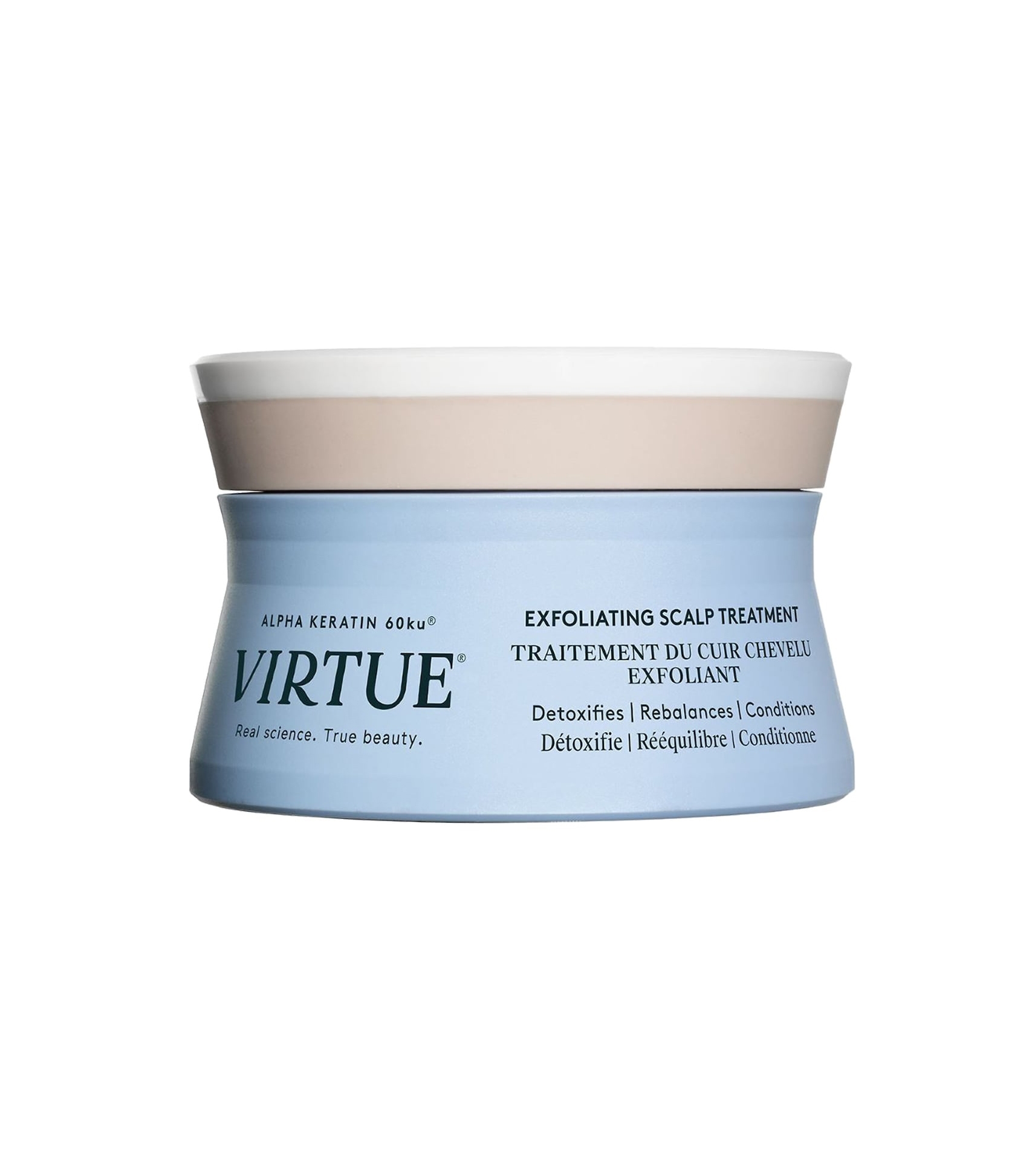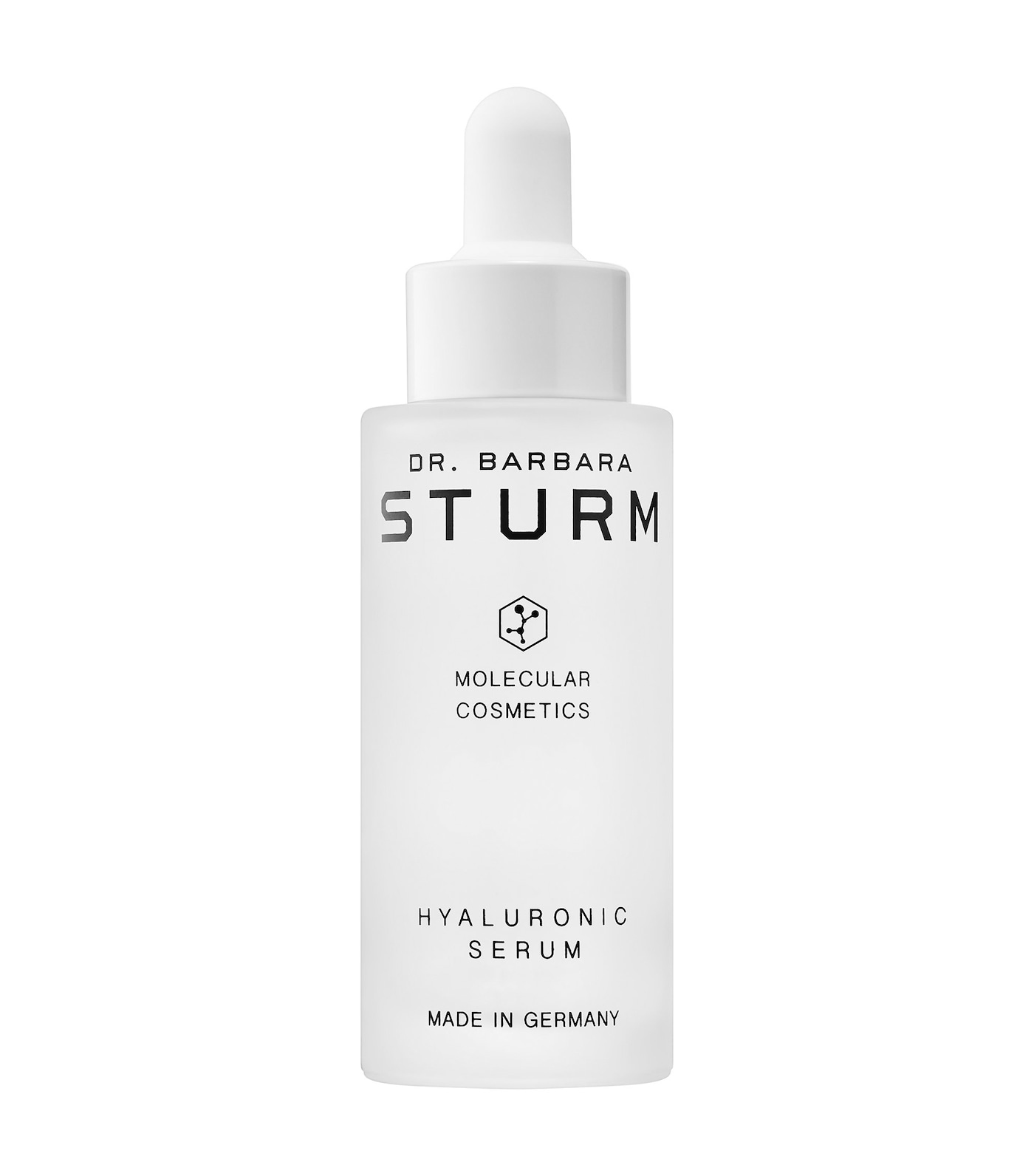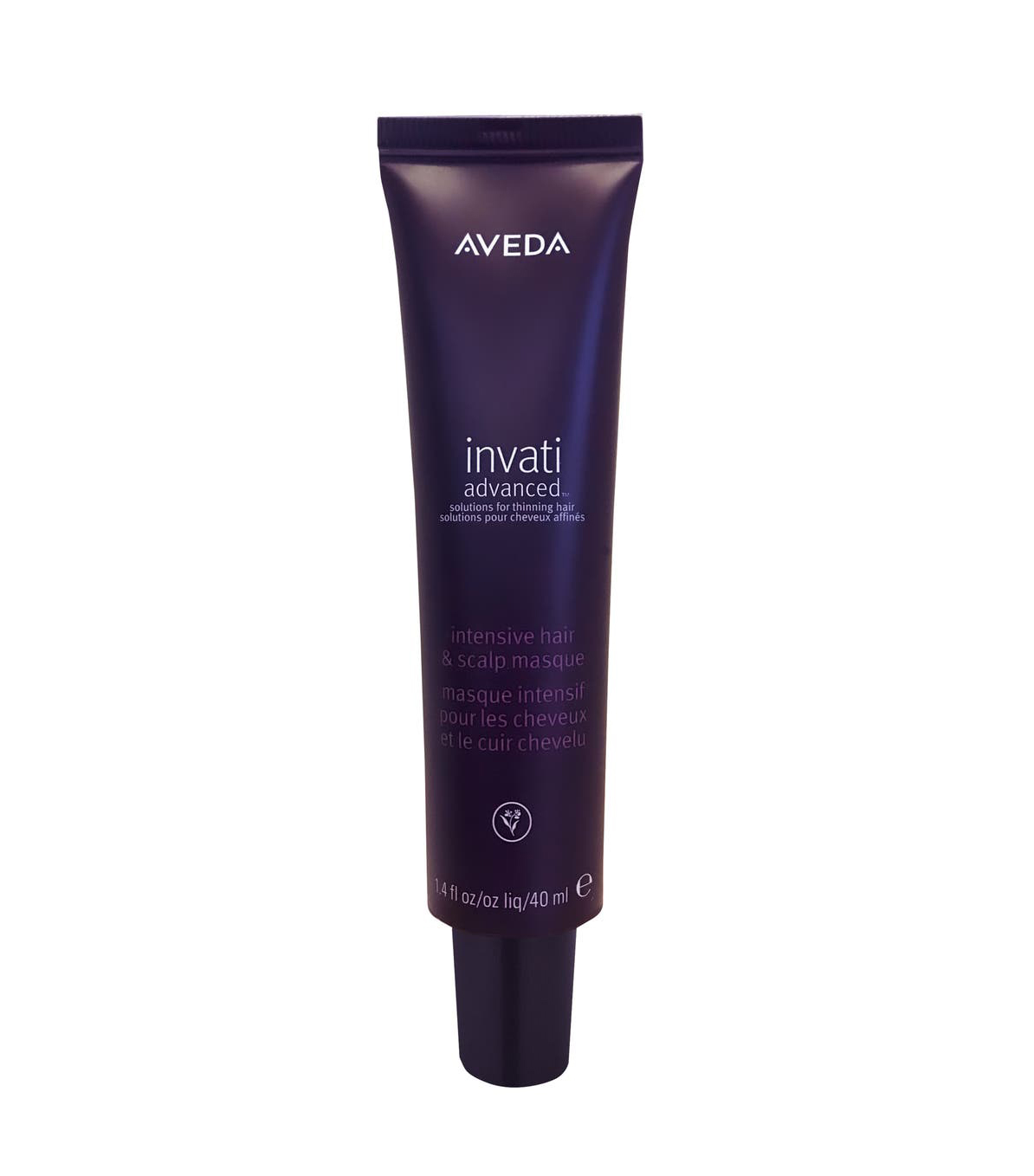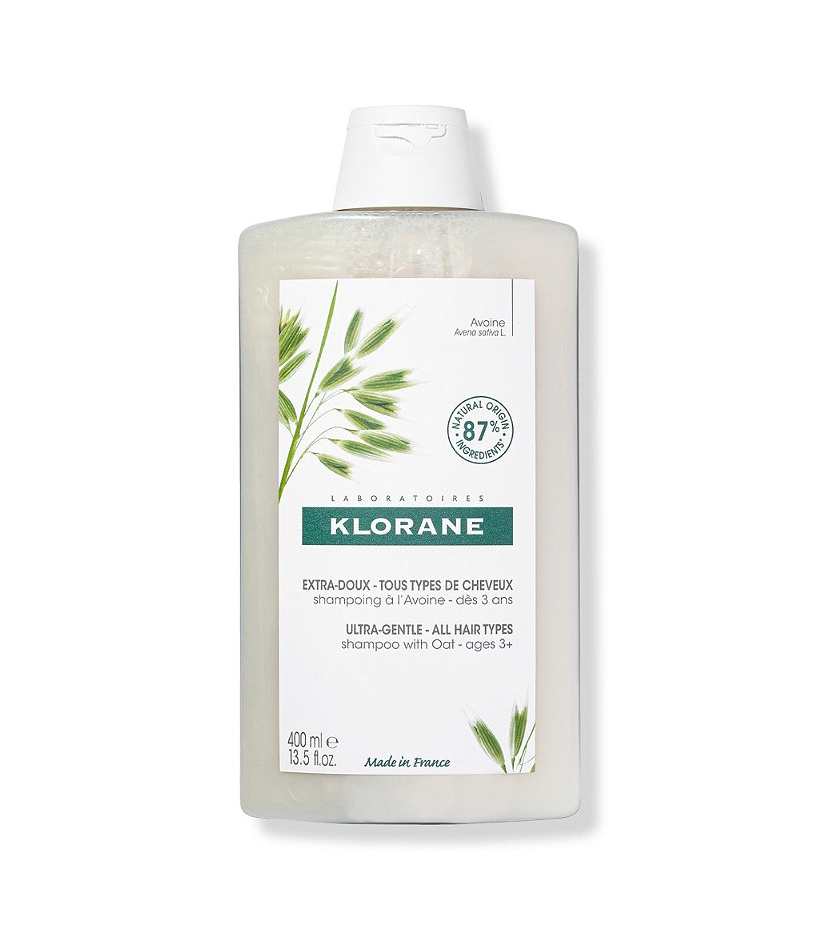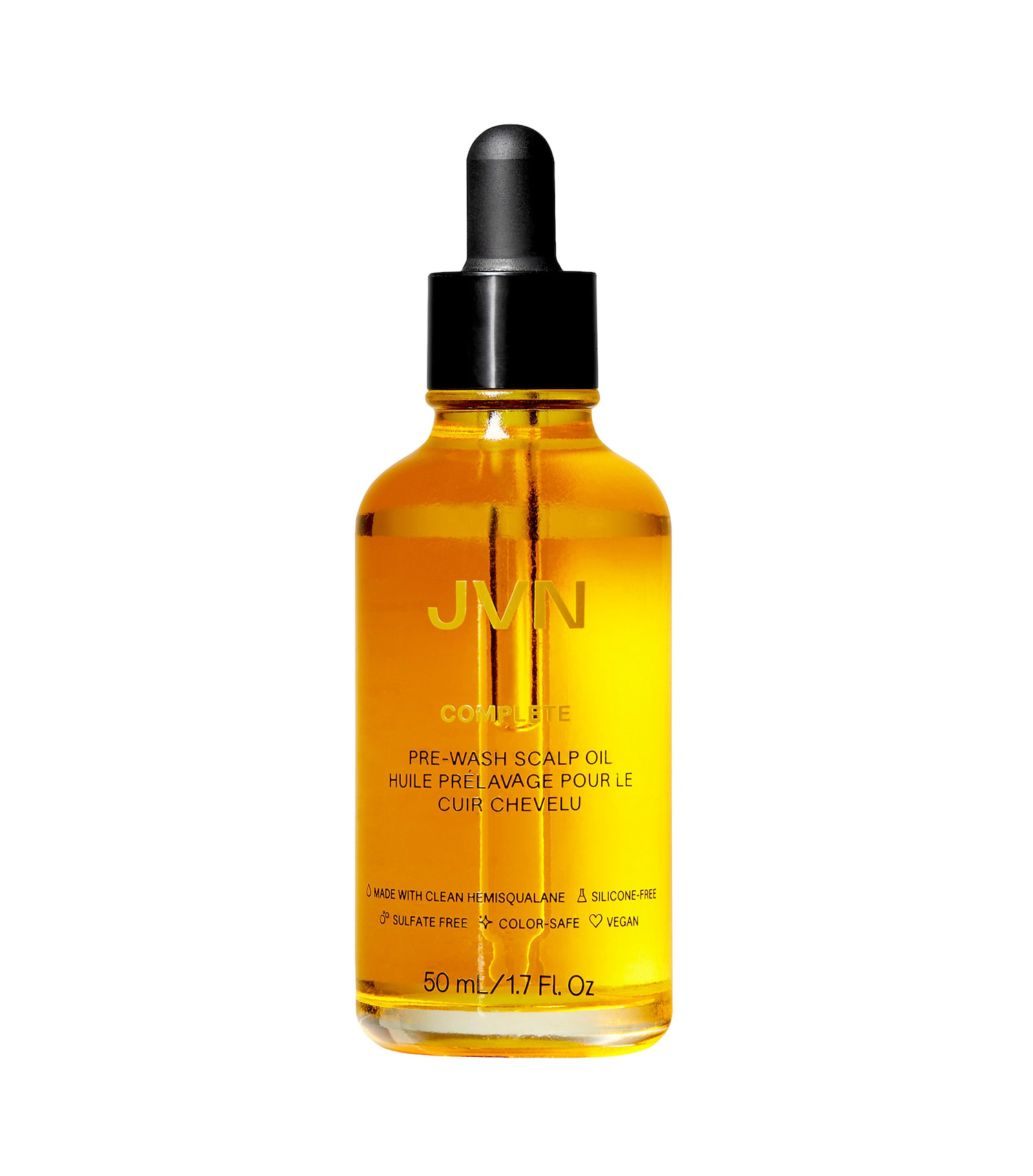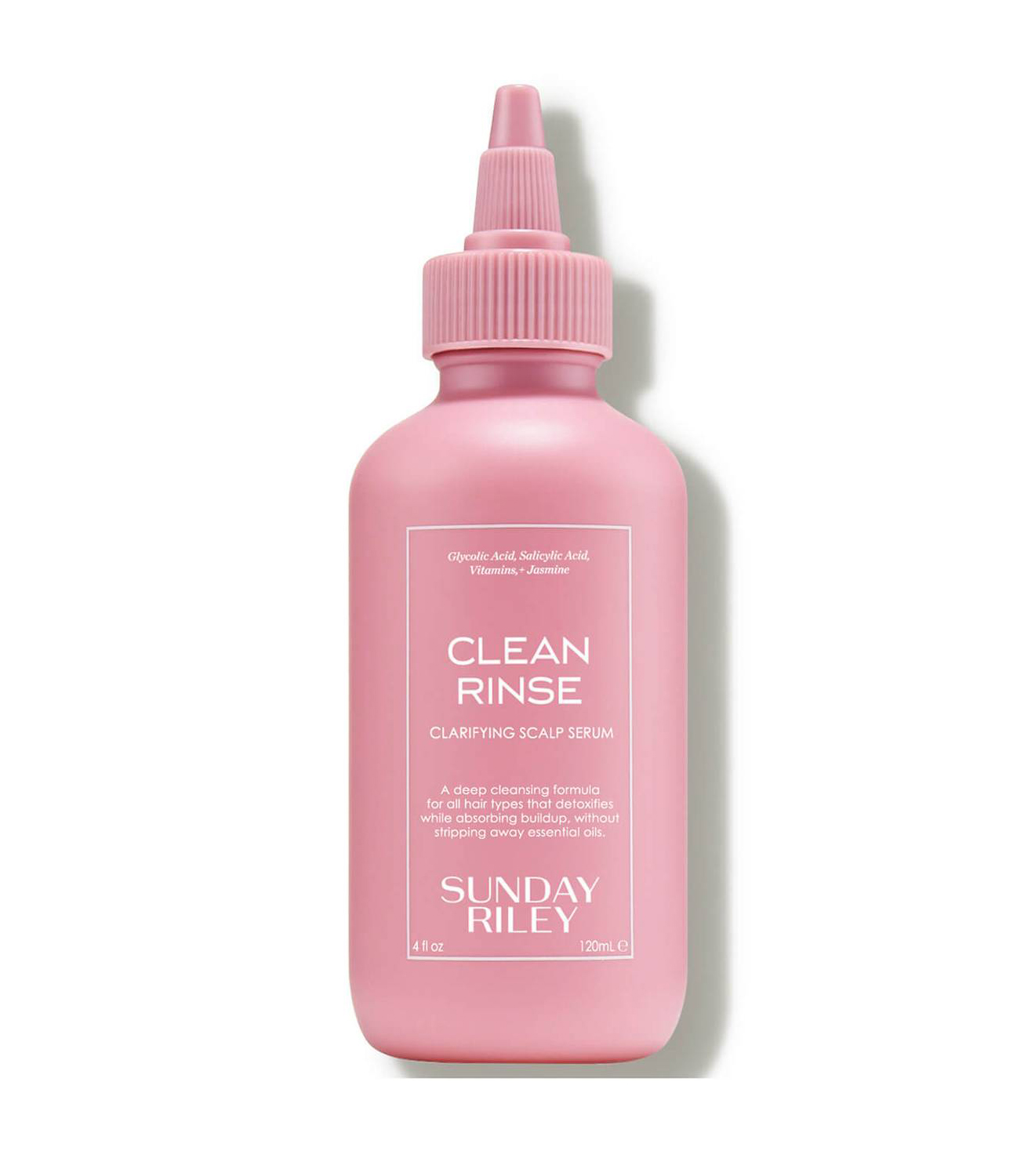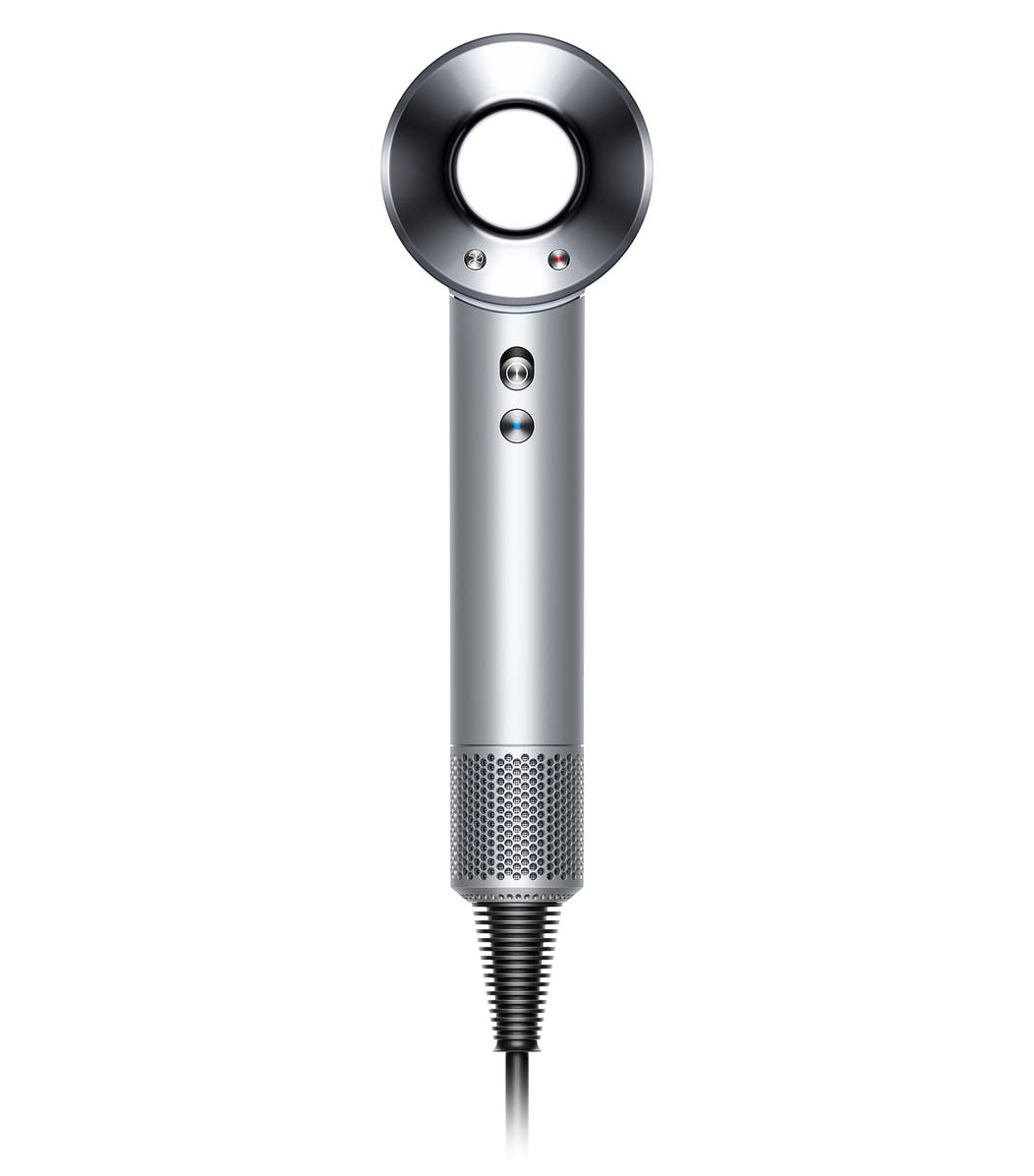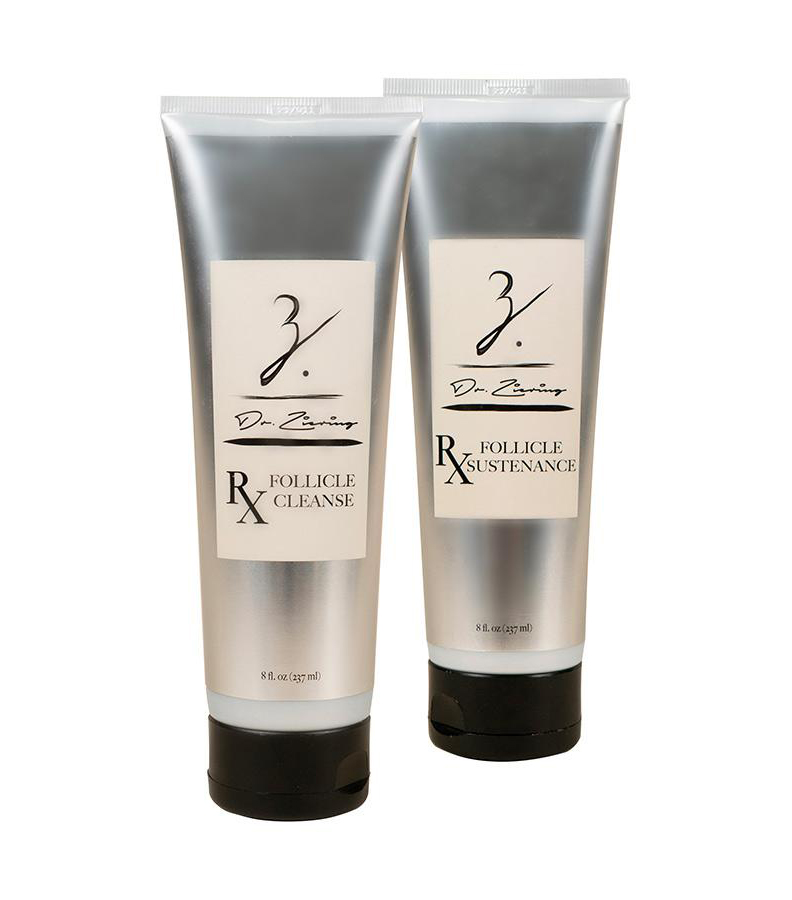No one wants a dry and flaky scalp but it happens sometimes. A lot of experience it on the regular, which can be annoying to treat. But the thing is, it’s actually important for your scalp to be moisturized—and not just so you don’t have to deal with any flakes. Having a moisturized scalp will help with hair growth and health. Trichologist and “Scalp Therapist” Bridgette Hill explains that normally when discussing moisture, most people think of hydration, but it’s not just about water or liquids. For the scalp, the moisturizing agent most important to the scalp is sebum. “When addressing moisture on the scalp we have to consider each property that sebum is comprised of and their purpose to scalp health and function and hair growth,” Hill says. “Sebum is rich in fatty acids, which provide nutrients and protein to the hair follicle; cholesterol, a necessary emollient; and squalene, an anti-inflammatory property that reduces swelling, redness. When there is a lack of sebum production on the scalp, the microbiome is disturbed and creates a dry dehydrated microbiome that can lead to a host of scalp conditions, deterioration of the hair follicle, dry brittle hair fibers, and hair loss. The skin on our scalp has more blood vessels, sebaceous glands, and houses more hair follicles than our bodies. The scalp is also the thickest skin on our body.”
Plus, overall it’s important to keep your skin moisturized for the sake of your skin barrier. “Skin anywhere on the body, including the scalp, is a barrier between the internal body and the outside world, and proper moisturization supports an intact skin barrier,” says board-certified dermatologist Sam Ellis, MD. “An effective skin barrier protects us from environmental insults (like bacteria and allergens) and keeps skin inflammation in check. An unmoisturized scalp can be itchy, flaky, and painful.”

As for how much moisture a scalp needs, that depends on the individual. Hill says that each of our scalps has a unique ideal balance of sebum—the scalp’s natural moisture. And actually, the sebaceous gland connected to the hair follicle is regulated by hormones. “We cannot address scalp moisture without connecting our internal health and wellness,” she says. “When this becomes imbalanced it creates a breeding ground for overproduction of unwanted bacteria, inflammation, flakiness, tight scalp, compromising the health of the hair follicle.”
You might think that your scalp’s moisture levels are determined by your hair type—I did—but it’s based on a number of factors: lifestyle, genetics, diet, stressors, medications, etc. “Hair type plays a role in moisture level but rather the type of products and our styling habits based on our hair type and texture,” Hill explains. “For example, if you have curly hair and you blow-dry your hair regularly, the blow-drying is affecting the moisture levels, not the curly hair. And vice versa if you have fine straight hair and you shampoo multiple times a day, it is the impact of the frequent shampooing, not the fine straight hair that would cause unwanted dryness.”
And board-certified dermatologist and founder of Ziering Medical, Craig Ziering, DO, says you do have to keep in mind how you care for your specific hair type and its effect on the scalp. “Hair length and hair texture play a role in managing sebum production,” he says. “Those with curly hair require more time between washes than those with straight hair, as the oil needs to travel along corkscrew-shaped strands to moisturize all the way to the ends.”
So, what are some signs that your scalp isn’t moisturized enough? Well, you’ll probably notice some flakes. “Dry scalps can present in many ways but are often slightly pink, flaky, and itchy,” Ellis says. “The flakes that come from a dry scalp tend to be white and powder-like, whereas flakes from oily scalps tend to be larger, thicker, and sometimes slightly yellow in color.” You might also notice dry brittle hair fibers, tightness on the scalp, and dry-looking hair.
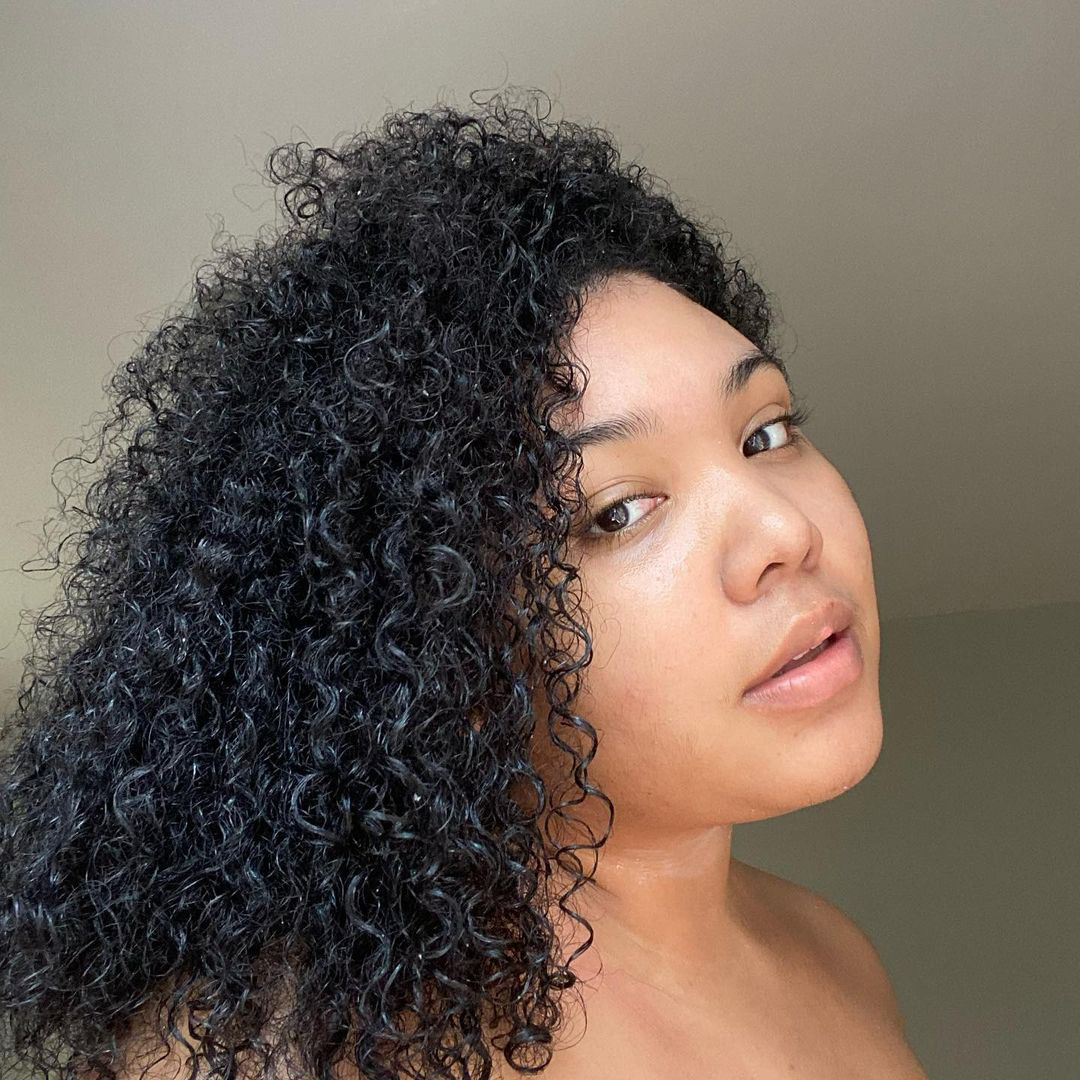
When it comes to what causes a dry scalp, Hill says an often overlooked culprit is a hormonal imbalance since the hormones regulate the production of sebum, like we learned above. “This in addition to how we externally treat the skin on our scalp with our lifestyle and habits keep the microbiome of the scalp balanced and nourished,” Hill says. “What triggers the imbalance of the microbiome is multi-faceted. Diet, medications, illnesses, stressors can be a root cause to dry scalp internally.” Ziering adds that other health conditions that could lead to scalp dryness include scalp psoriasis, dandruff, eczema, and eating disorders.
The weather can also be a factor in the moisture levels of your scalp. “During the winter months in cold climates, the humidity in the airdrops, Ziering explains. “Cold weather dries out the skin all over your body, including on your scalp. Turning up the heat can also be drying.”
Products can also cause dry scalps, so you’ll want to look for things that are clean, fragrance-free, and free of synthetic-based alcohol, she adds. Prioritize soothing ingredients like oat lipids, peppermint, and eucalyptus—anything that’s left on the scalp and hair should be cooling and restorative. You’ll also want to think about how you take care and style your hair. Avoid over-washing and letting product build up. Stay away from harsh shampoos and limit your usage of hot tools and blow-dryers. And be careful with harsh chemicals.
And while it seems like there are a number of factors that can contribute to a dry scalp, there are also some easy steps to take to avoid any dryness. The experts shared some with us below:
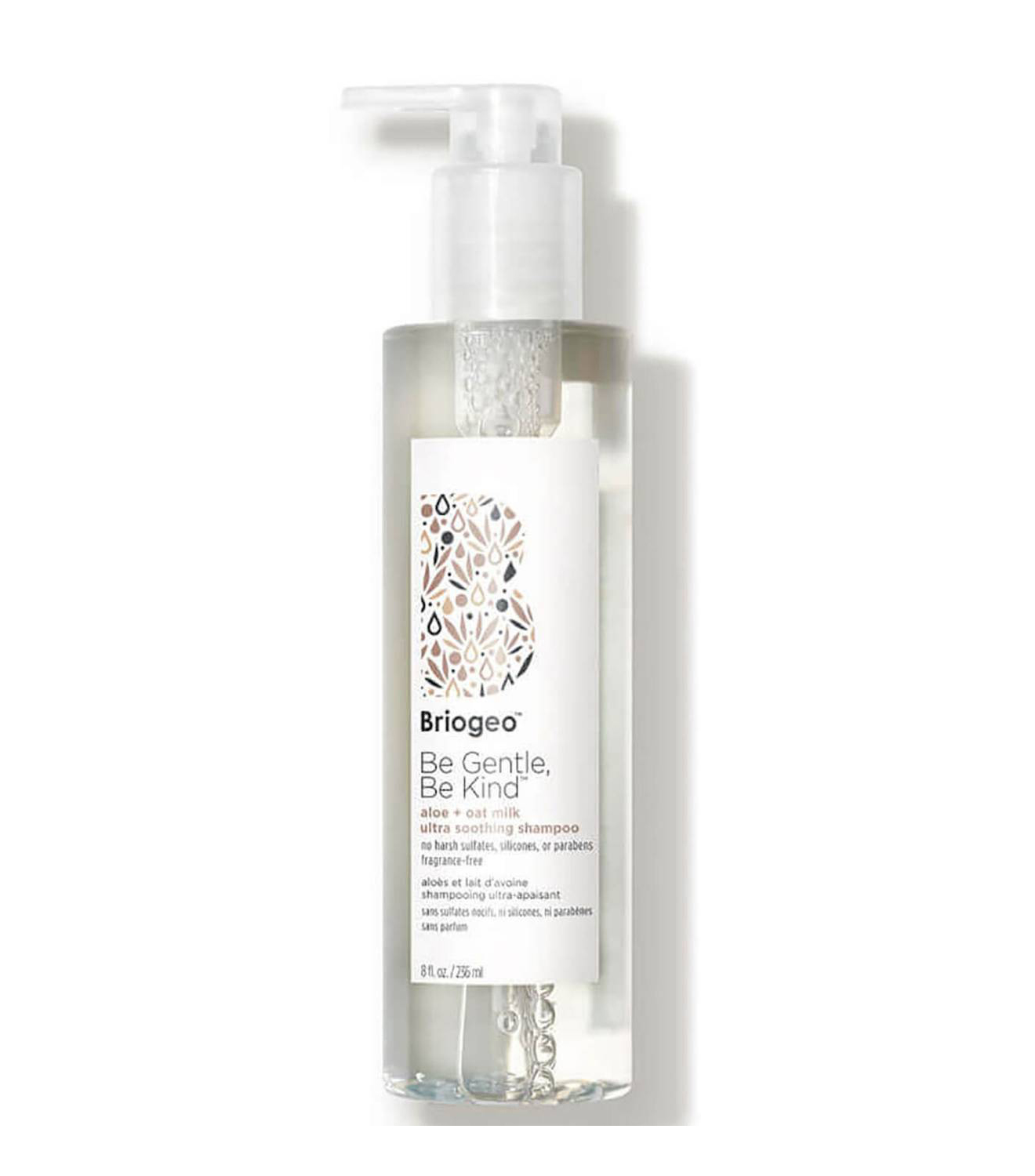
Hill recommends using a gentle shampoo that is not overly rich and not customized to combat flakes.
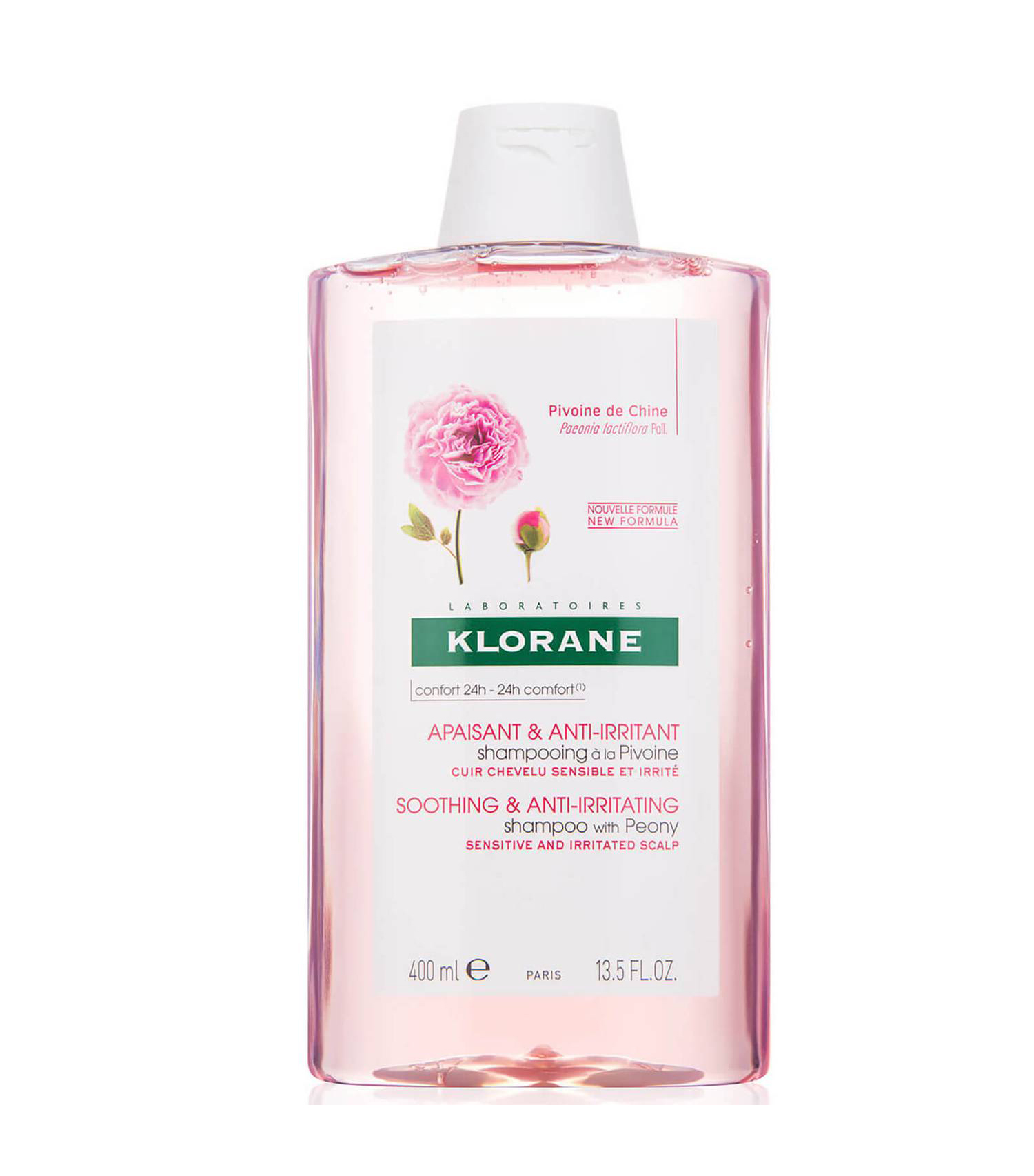
“Limit shampooing to no more than two to three times a week. It is important to allow the microbiome to not be overly manipulated,” Hill says.
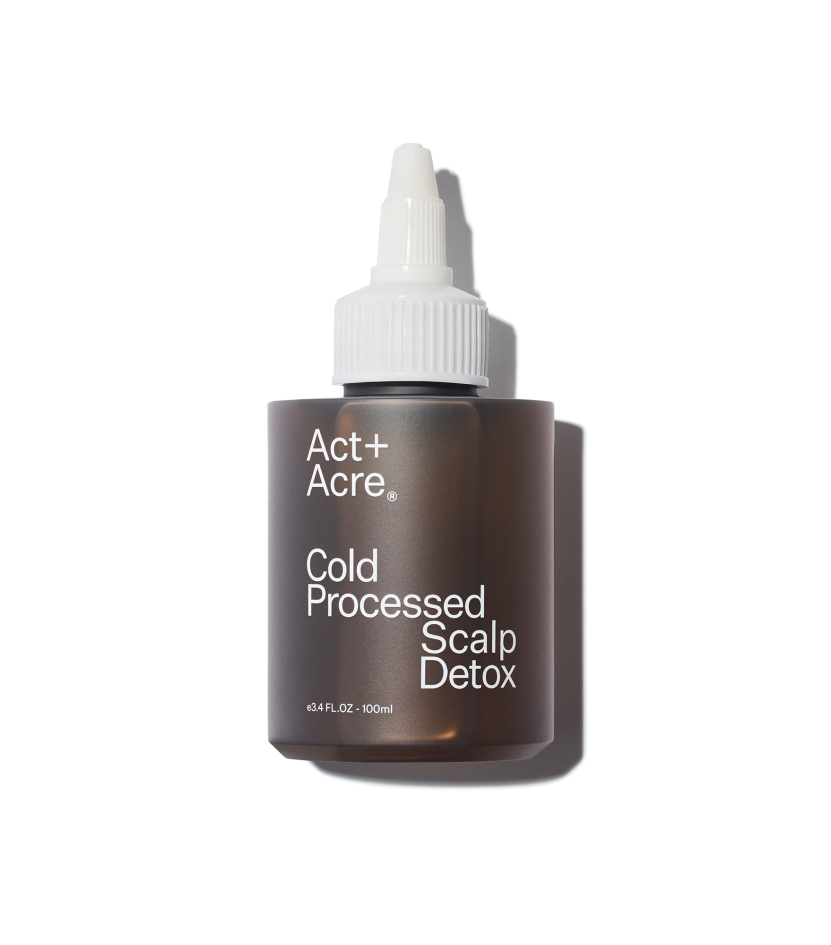
“When looking at hair products, choose those designed for dry scalps,” Ellis suggests. “These types of products often contain ingredients that gently remove residue from the scalp without stripping the skin of its natural oils.”
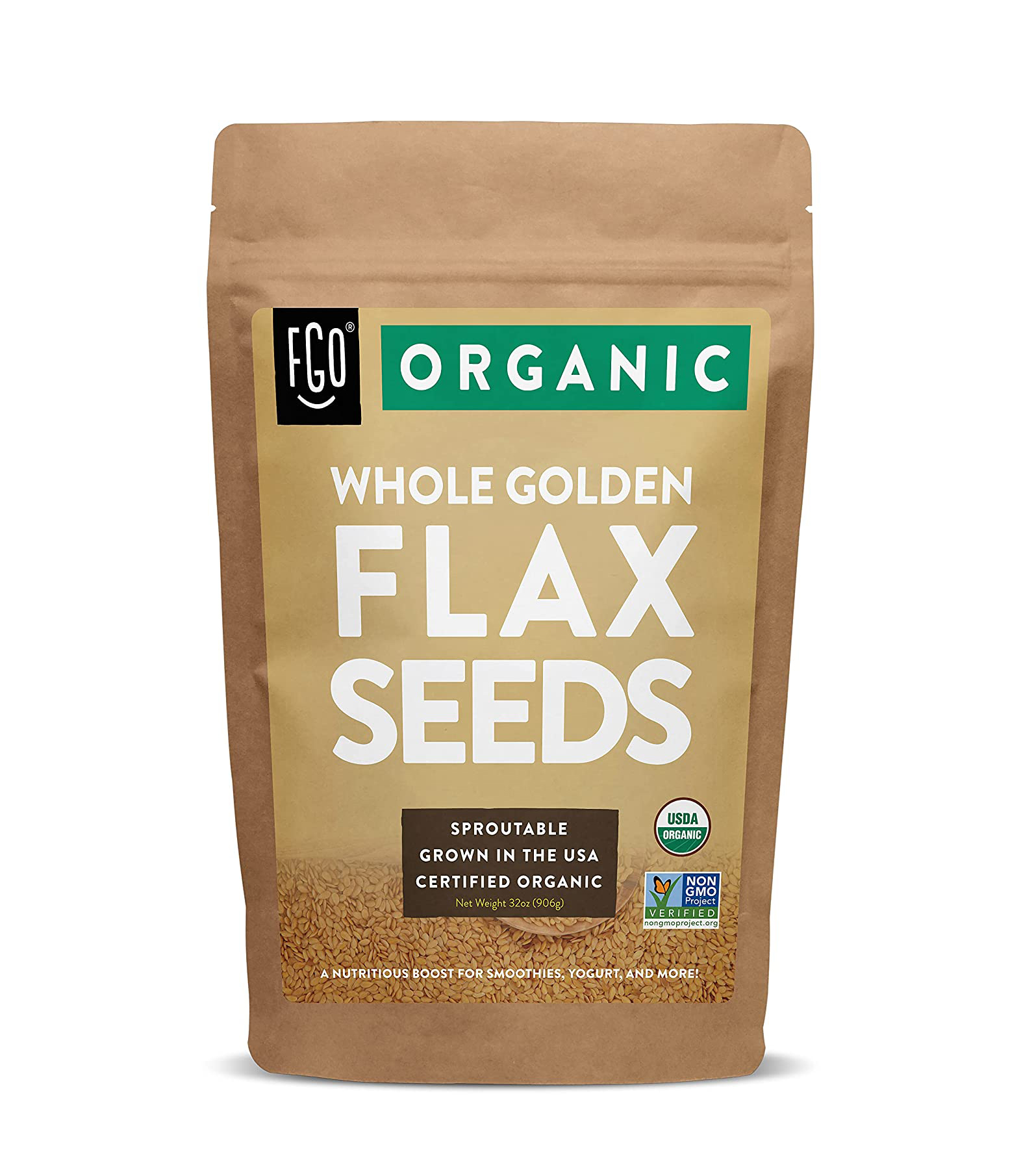
Hill recommends increasing your diet with more foods rich in fatty acids and that are hydrating to the body. Plus, don’t forget to increase your water intake. Increase diet with more foods rich in fatty acids and that are hydrating to the body. I think it is wise to increase water intake.

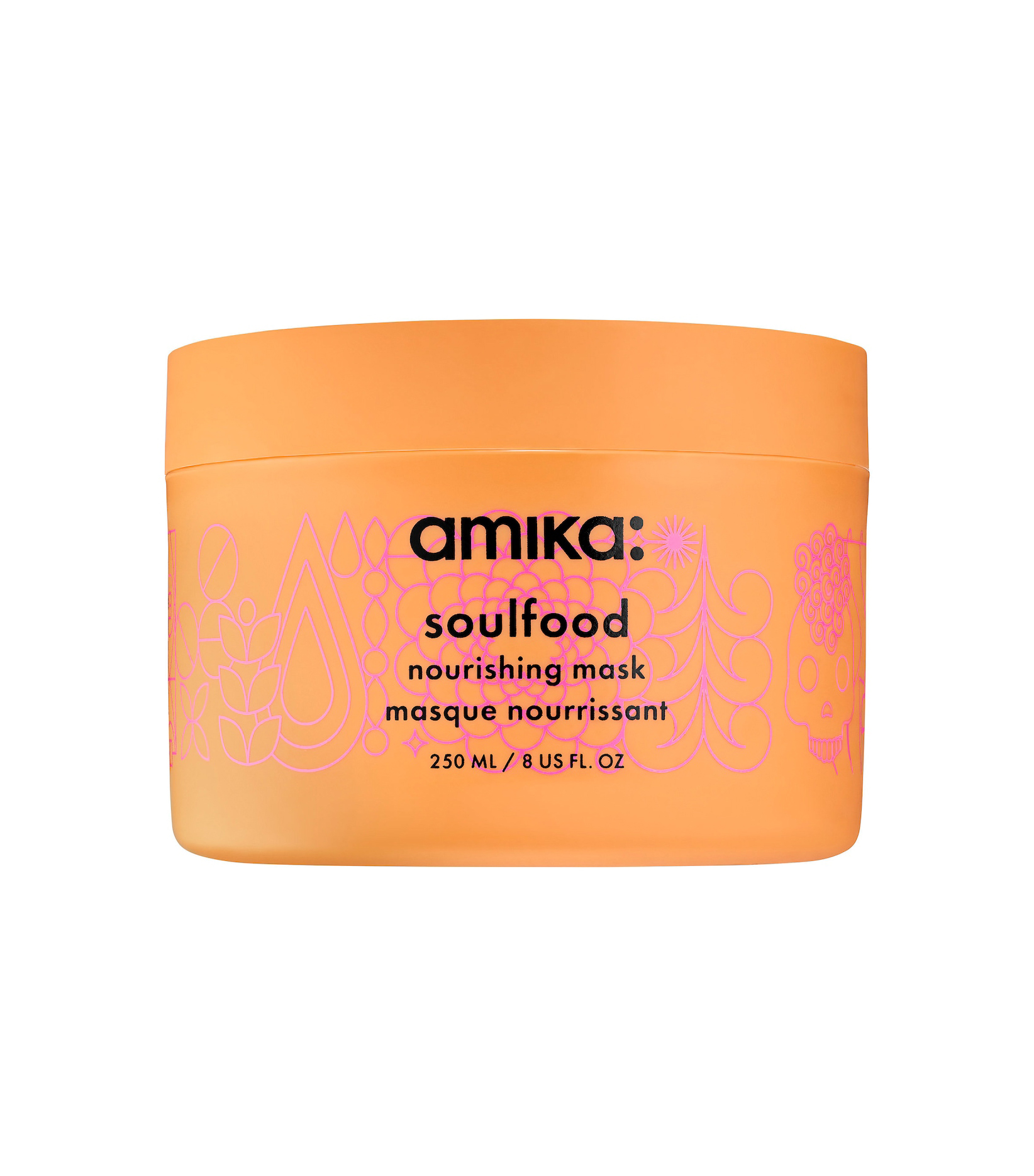
Ziering recommends doing this regularly to prevent a dry scalp.
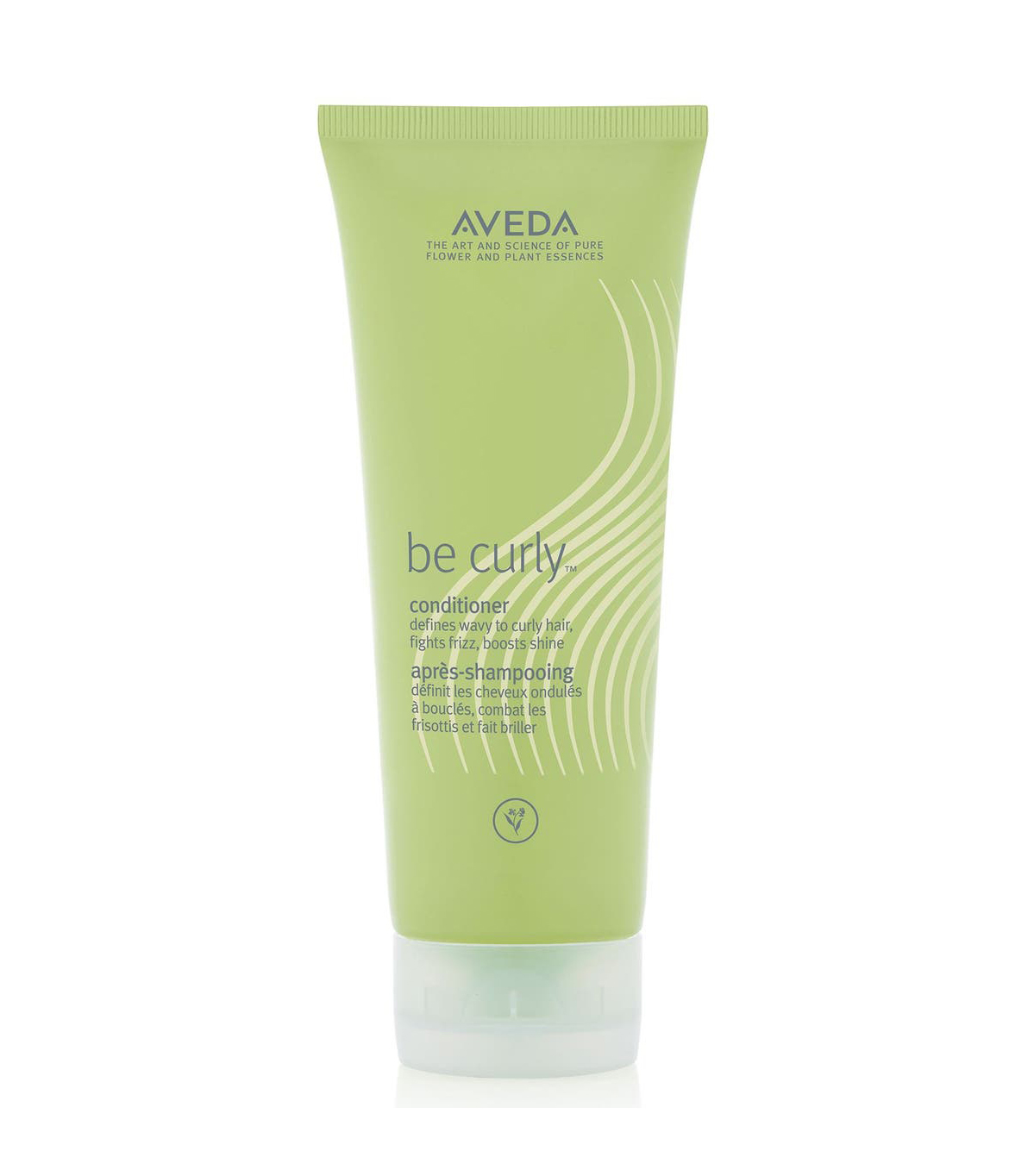
Hill recommends using a conditioner based on your hair type and texture.
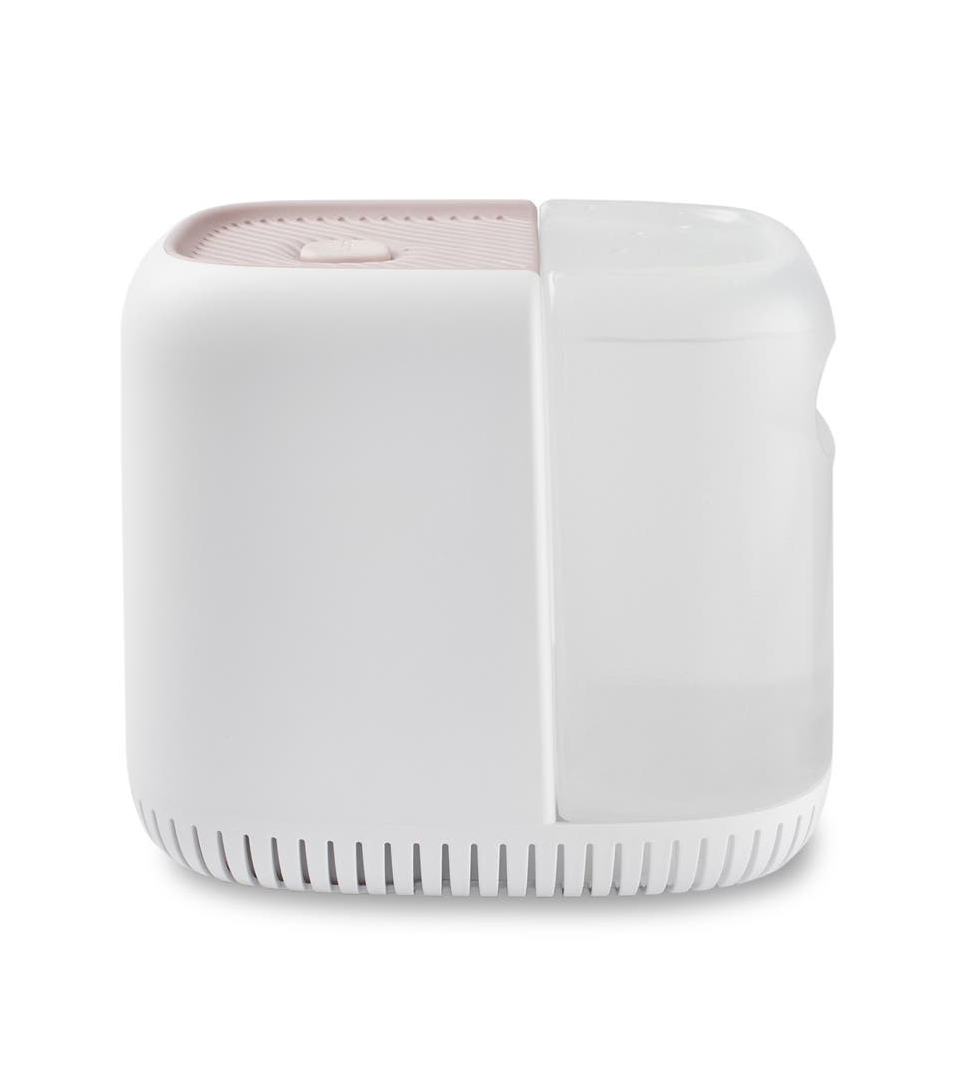
“This supports skin moisturization everywhere, including the scalp,” Ellis says.
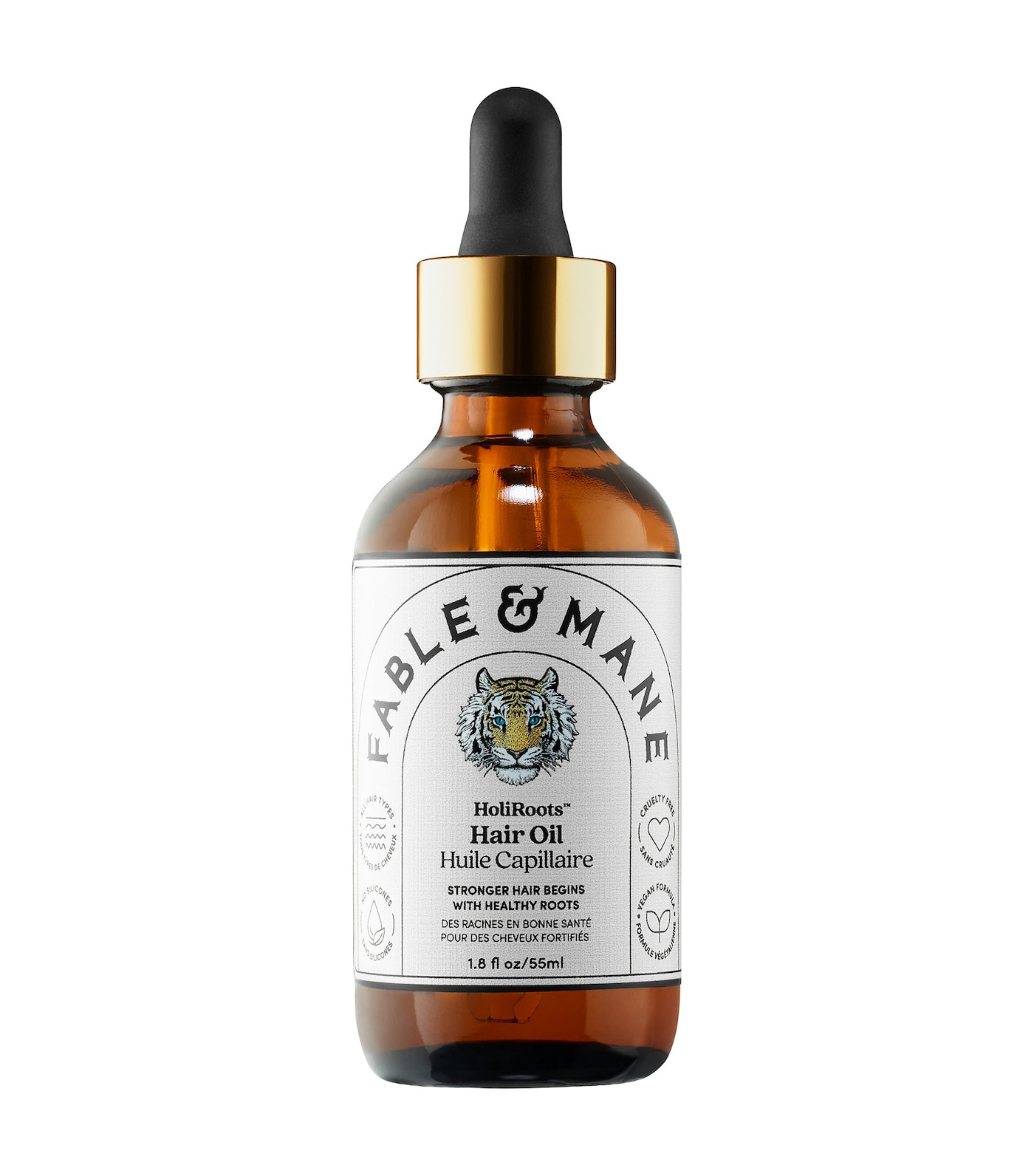
Ziering recommends using hair oils that are designed for the scalp. And Ellis suggests using a pre-wash oil to enhance the skin barrier prior to shampoo, which can be helpful for people with very dry scalps.
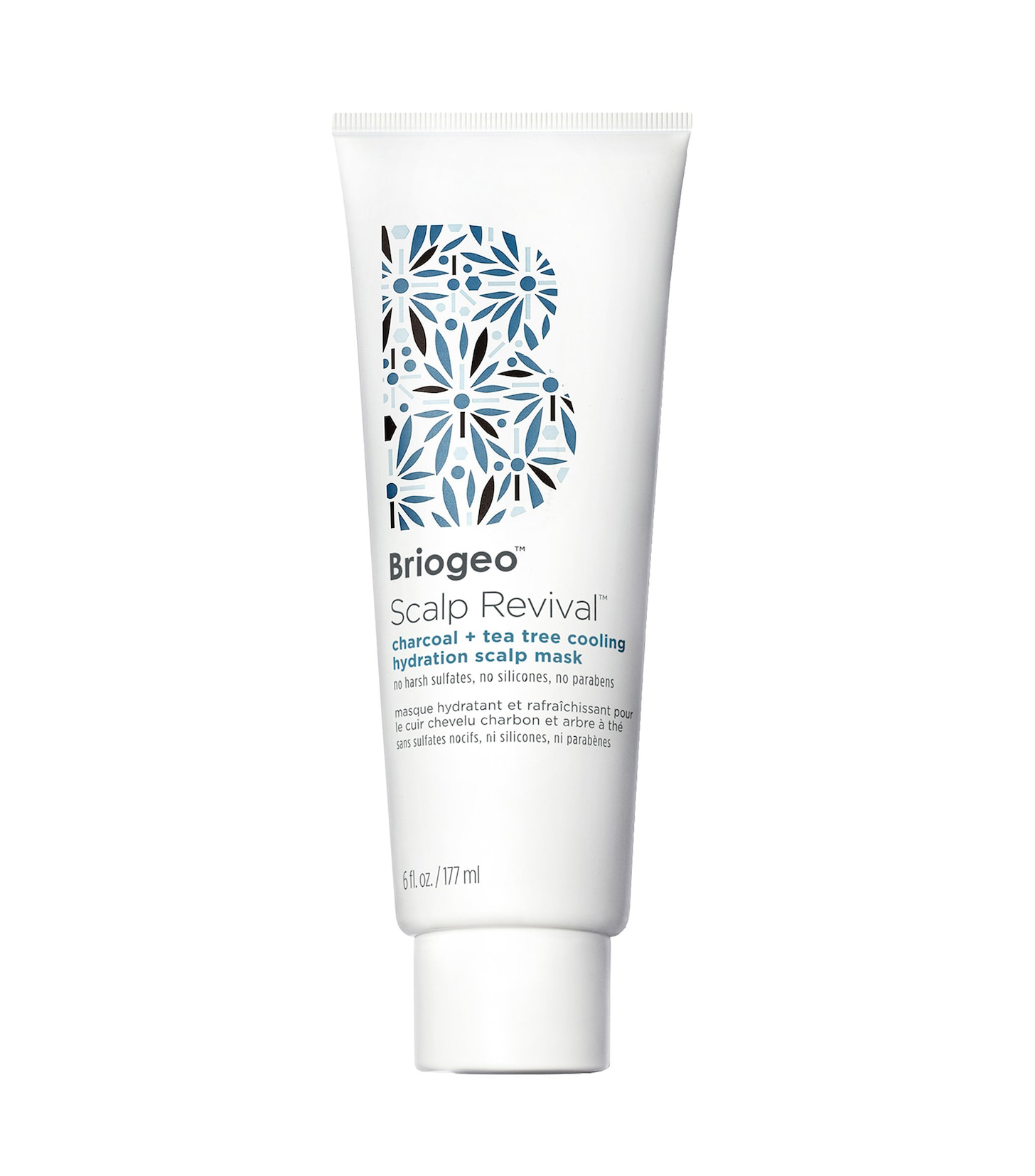
Ziering also recommends experimenting with a scalp mask to deal with dryness.
